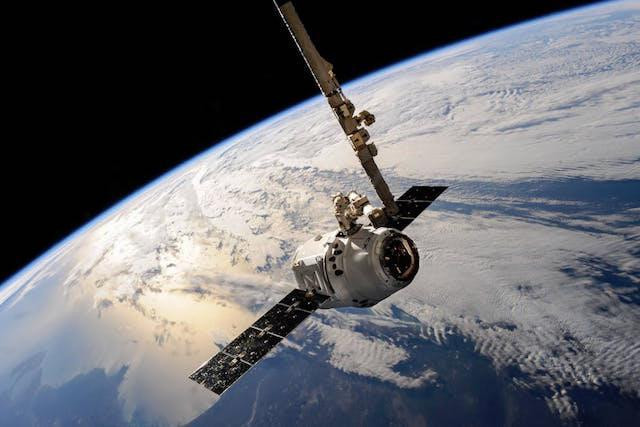The grand duchy in 1988 sent its first satellite into space, the Astra 1A by operator SES, but up until now it has submitted information on its space objects to the UN on a voluntary basis only.
States and organisations under the convention are required to establish their own national registries of objects launched into space and provide information to the UN secretary general for inclusion in the UN register.
Luxembourg has since launching its first satellite in the 1980s vastly boosted its activity in space. It is now home to approximately 50 space firms and research laboratories employing more than 800 people, according to the Luxembourg Space Agency.
The space sector accounts for around 2% of Luxembourg’s gross domestic product.
Parliament also approved new rules for companies in the space sector to set up operations in Luxembourg. The criteria put in place should help prevent letterbox companies from getting a business permit.
It also makes space operators responsible for any damages caused by their space objects in orbit or on Earth. This includes environmental damage.
Luxembourg had previously ratified a UN convention on liability of damages caused by space objects under which the state can be held accountable over such damages. The new law is aimed at reducing the risk for the grand duchy as a launching country.
The new laws come in addition to a 2017 space mining law, giving companies the rights to resources they extract from asteroids or other celestial bodies. Luxembourg was the first European country to adopt such a law.
It faced criticism over a perceived violation of a UN treaty on outer space, which forbids the appropriation of the Moon or any other celestial bodies, but the treaty does not prevent owning outer space resources.
Luxembourg in October became one of the founding signatories of the US-led Artemis Accords, which sees global coalition involved in achieving a sustainable presence on the Moon with a view to travelling further to Mars.
Japanese-Luxembourg space firm iSpace this month was selected by Nasa as one of four private companies to be awarded contract to gather lunar rocks for the space agency.
